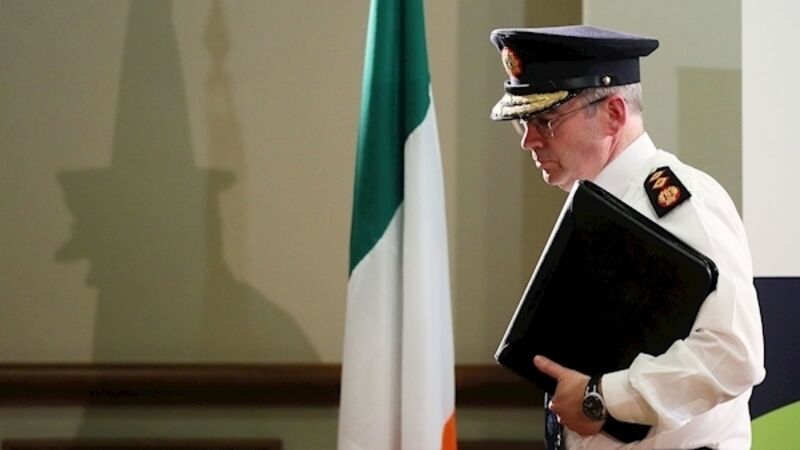Garda still a force to be reckoned with

The corporate world is full of gobbledygook — but a few useful phrases emerge from the swamp of verbiage. One goes like this: “Culture eats strategy for breakfast”.
The phrase, coined by management guru Peter Dunker, apparently means that “a powerful and empowering culture is a surer route to organisational success,” according to the UK-based Management Centre. Or, to put it more plainly, attempting to affect change without addressing culture is probably doomed.














